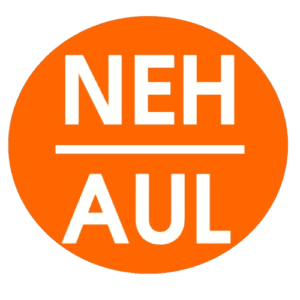Barbadian car insurance companies are uniquely positioned to lead a transformative road safety initiative in partnership with the government. Their frontline role in accident response—often arriving before emergency services—gives them first hand insight into the causes and consequences of unsafe driving. These employees witness the human cost of reckless behaviour and gather critical data that can inform targeted interventions. By collaborating with public agencies like the Government Information Service (GIS) , insurers can help shape a nationwide campaign that not only educates but also empowers drivers to make safer choices that directly influence their insurance premiums.
The depth of historical data held by insurance companies is a powerful asset in this endeavour. They maintain detailed records on accident locations, driver demographics, vehicle types, and contributing factors such as speed, distraction, or impaired driving. This data can be anonymized and analysed to identify high-risk zones, vulnerable age groups, and recurring patterns. When shared responsibly with government partners, it enables the creation of localized messaging and policy adjustments that resonate with specific communities. For example, a campaign might focus on older drivers in understanding how one traverse a roundabout
Moreover, insurance companies have a financial incentive to reduce accident rates. Fewer claims mean lower pay-outs, which can translate into more stable or reduced premiums for policyholders. By educating the public on how driving habits affect risk profiles and premium calculations, insurers can foster a sense of personal agency among drivers. When people understand that safe driving isn’t just about avoiding injury but also about saving money, they are more likely to adopt responsible behaviours. This shift benefits both the individual and the broader insurance ecosystem.
Government involvement is essential to scale and legitimize the campaign. Public agencies can provide access to schools, community centres, and social media platforms, ensuring the message reaches all segments of society. They can also align the campaign with existing road safety laws and enforcement strategies, creating a unified front. Together, insurers and government bodies can host workshops, distribute educational materials, and launch digital tools that help drivers track their habits and understand their insurance metrics. This public-private synergy enhances trust and ensures consistent messaging.
Ultimately, this partnership represents a proactive investment in Barbados’s social and economic wellbeing. Safer roads mean fewer fatalities, less strain on healthcare and emergency services, and a more predictable insurance market. By leveraging the unique insights of insurance professionals and the reach of government institutions, the campaign can transform public attitudes toward driving. It’s not just about reducing premiums—it’s about building a culture of care, responsibility, and shared accountability on the island’s roads.





